World Food Programme sent expired medical, food supplies to Yemen: Official
A senior Yemeni official has lashed out at the World Food Programme (WFP) for sending expired food and medicine to the crisis-stricken Arab country.
The director of the General Secretariat of the Supreme Council for the Management and Coordination of Humanitarian Affairs in Hudaydah Province said that authorities had examined more than 326 containers of humanitarian aid and discovered that the products were unhealthy and not suitable for human consumption as they had expired.
Jaber al-Razhi said the supplies included cooking oil, medicines for chronic diseases, food supplements for children, green peas and biscuits.
He added that competent authorities at Hudaydah port will deal with all those who try to put the lives of Yemeni people at risk.
“Despite appeals to the World Food Programme not to import medicines and foodstuff that are already expired or near expiry, the organization continues to do so and distributes them among disadvantaged and needy people in the mistaken belief that such a practice will not catch the eyes of inspectors and relevant authorities,” Razhi pointed out.
He noted that Yemeni people were initially optimistic about the Stockholm agreement, which stressed in its entirety the need for facilitating the arrival of basic materials and humanitarian aid to Yemen’s western port of Hudaydah in a way that would meet the needs of the Yemeni nation, but their hopes now seem to have vanished into thin air.
The WFP has not commented on the issue so far.
Delegates from the popular Houthi Ansarullah movement and representatives loyal to Riyadh-allied former Yemeni president Abd Rabbuh Mansur Hadi held a round of peace negotiations in Rimbo, north of the Swedish capital city of Stockholm, in December 2018.
The talks resulted in the announcement of a breakthrough agreement.
The document included three provisions: a ceasefire along the Hudaydah front and the redeployment of armed forces out of the strategic city and its port; an agreement on prisoner exchange; and a statement of understanding on the southern Yemeni city of Ta’izz.
Houthi criticizes WFP policies in Yemen, calls for review
Houthi criticizes WFP policies in Yemen, calls for review
Meanwhile, a member of Yemen's Supreme Political Council, Mohammed Ali al-Houthi, has criticized WFP policies concerning distribution of aids in Yemen.
He said the organization distributes humanitarian supplies according to political classifications, depriving those who reject US policies of the much needed commodities.
Houthi then accused the World Food Programme's Executive Director David Beasley of preventing humanitarian aids from reaching Sana’a and other provinces under the control of the National Salvation Government, and of being behind scarcity of oil products in Yemen.
Houthi called on international monitors and donor states to exercise stricter controls to deal with the inhumane behavior of the WFP.
Saudi Arabia and a number of its regional allies launched a military onslaught against Yemen in March 2015, with the goal of bringing the government of former president Abd Rabbuh Mansur Hadi back to power and crushing the popular Ansarullah movement.
The US-based Armed Conflict Location and Event Data Project (ACLED), a nonprofit conflict-research organization, estimates that the war has claimed more than 100,000 lives for over the past five years.
The Ansarullah movement, backed by armed forces, has been defending Yemen against the Saudi-led alliance, preventing the aggressors from fulfilling the objectives of the atrocious war.
VIDEO | Struggles of Palestinian women amidst war, displacement
VIDEO | Hezbollah rains attack drones down on elite Israeli brigade
VIDEO | US biased mediation fails
Leader: All captains of criminal, Zionist, terrorist gang must be prosecuted
Iran further raises its oil prices for Chinese buyers: Report
Iran to launch major pressure-boosting projects in South Pars
VIDEO | Escalation amid ceasefire talks
EU's Borrell says ICC arrest warrants for Israeli leaders binding





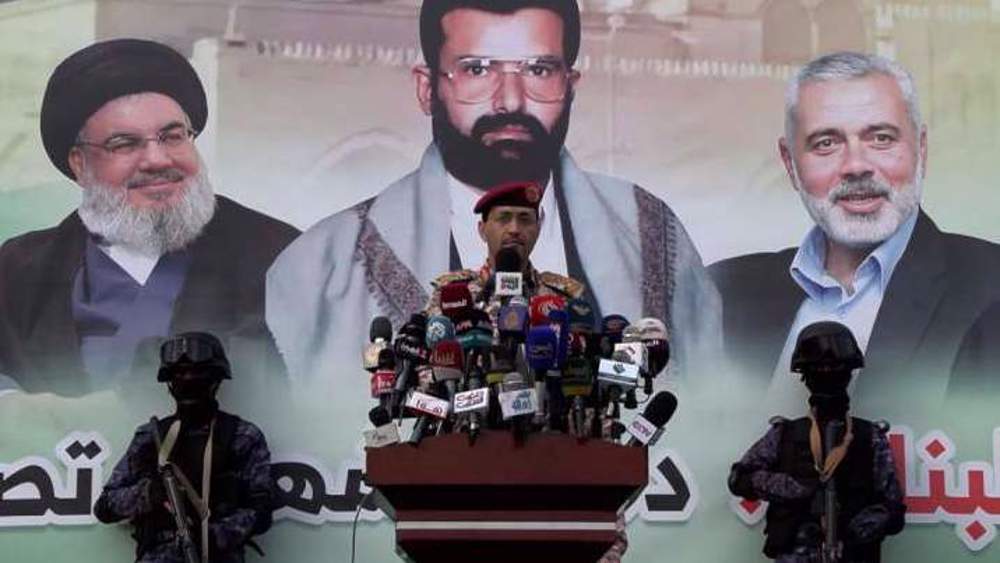
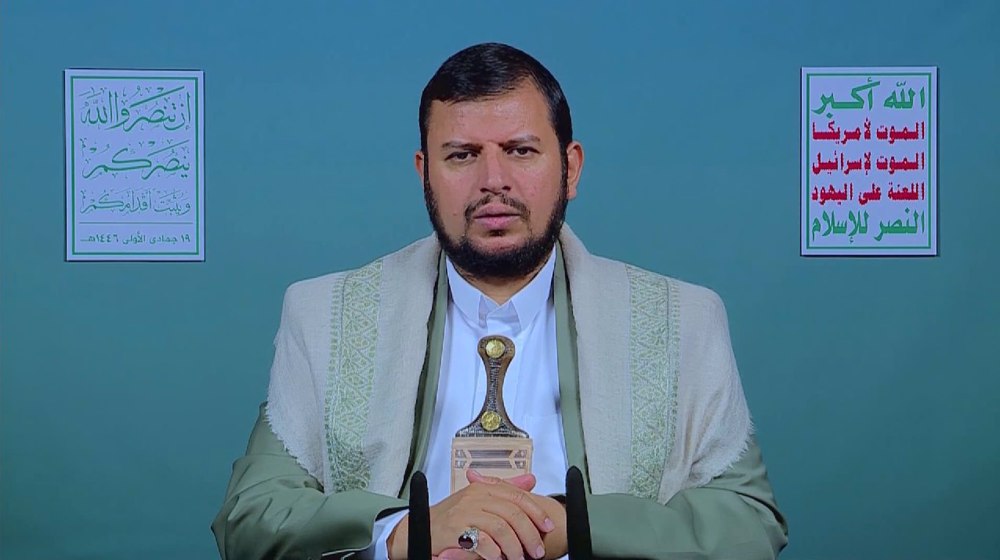
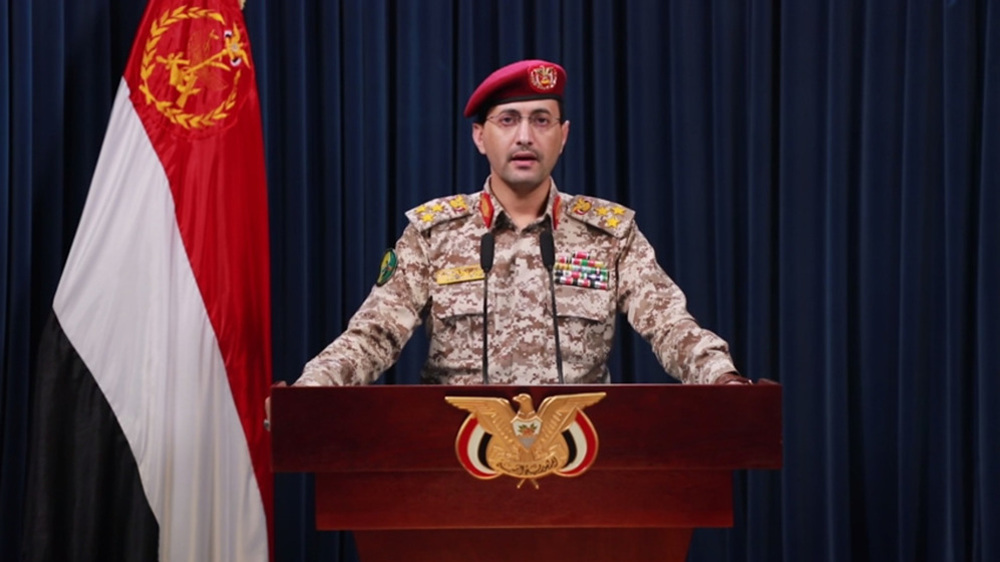



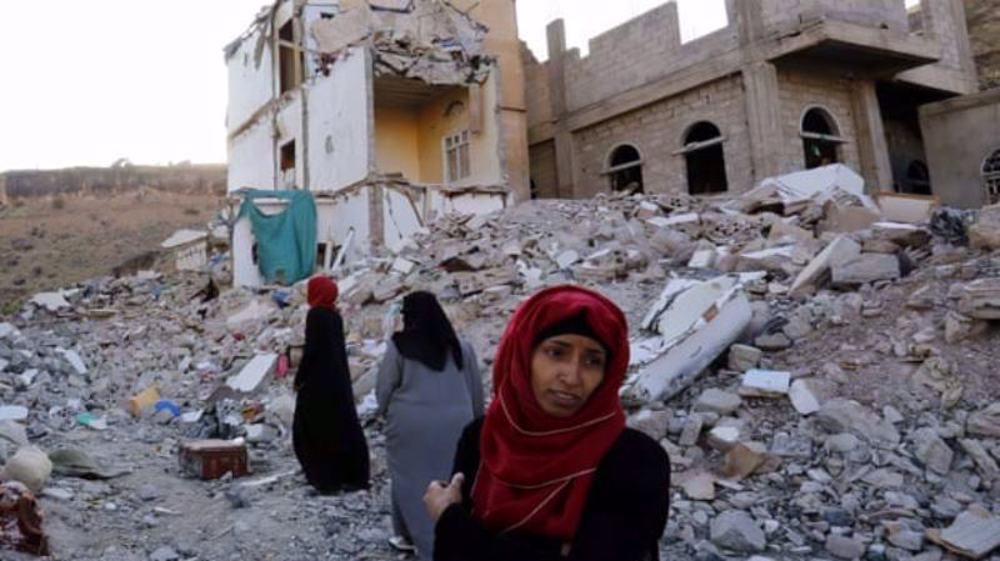
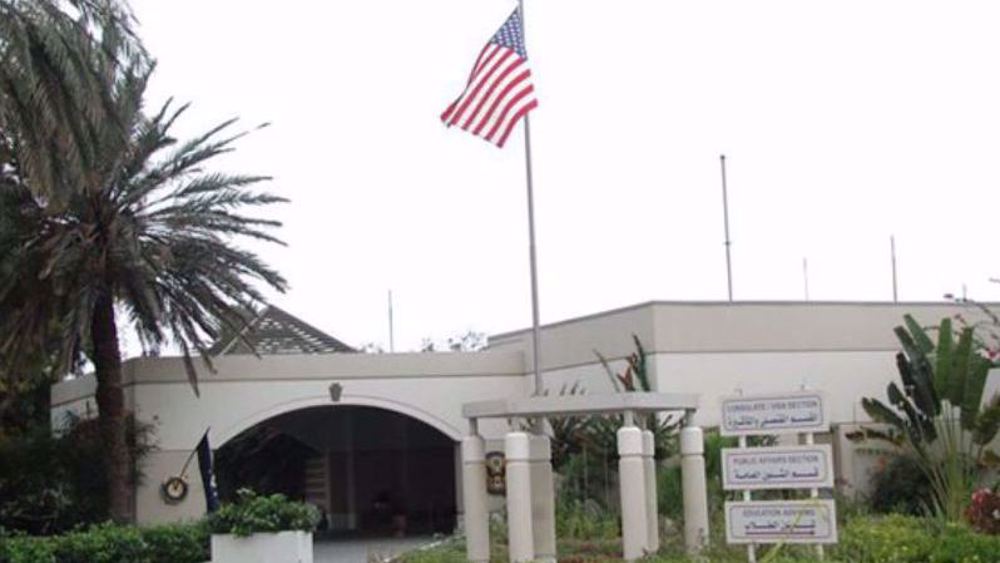
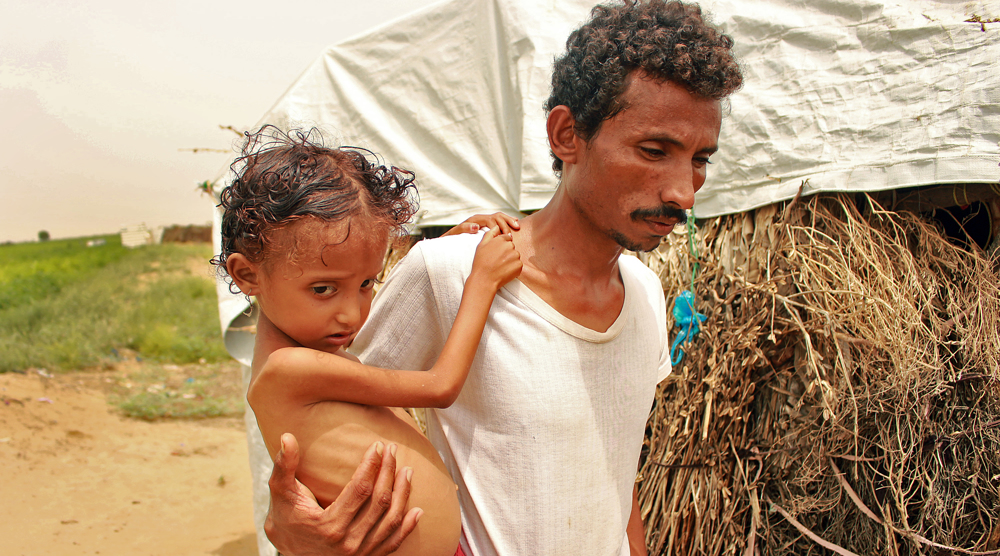




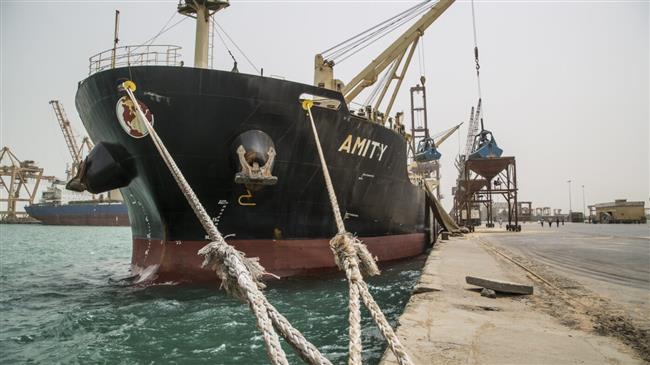


 This makes it easy to access the Press TV website
This makes it easy to access the Press TV website